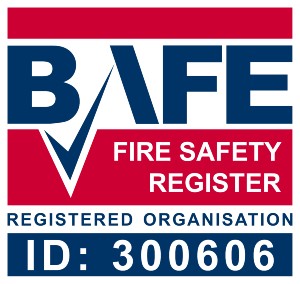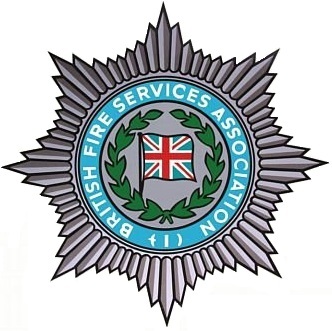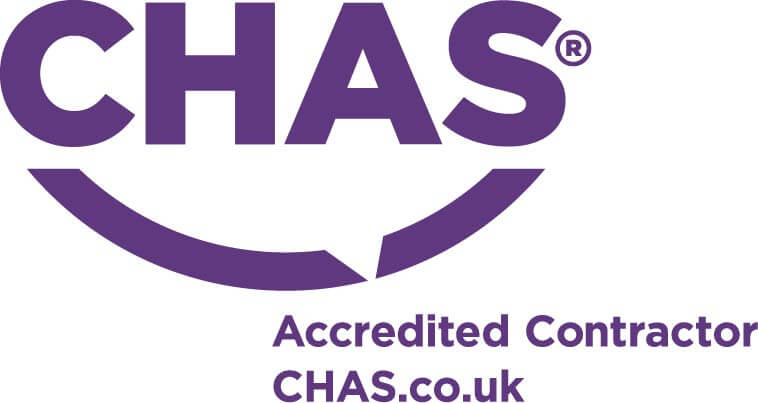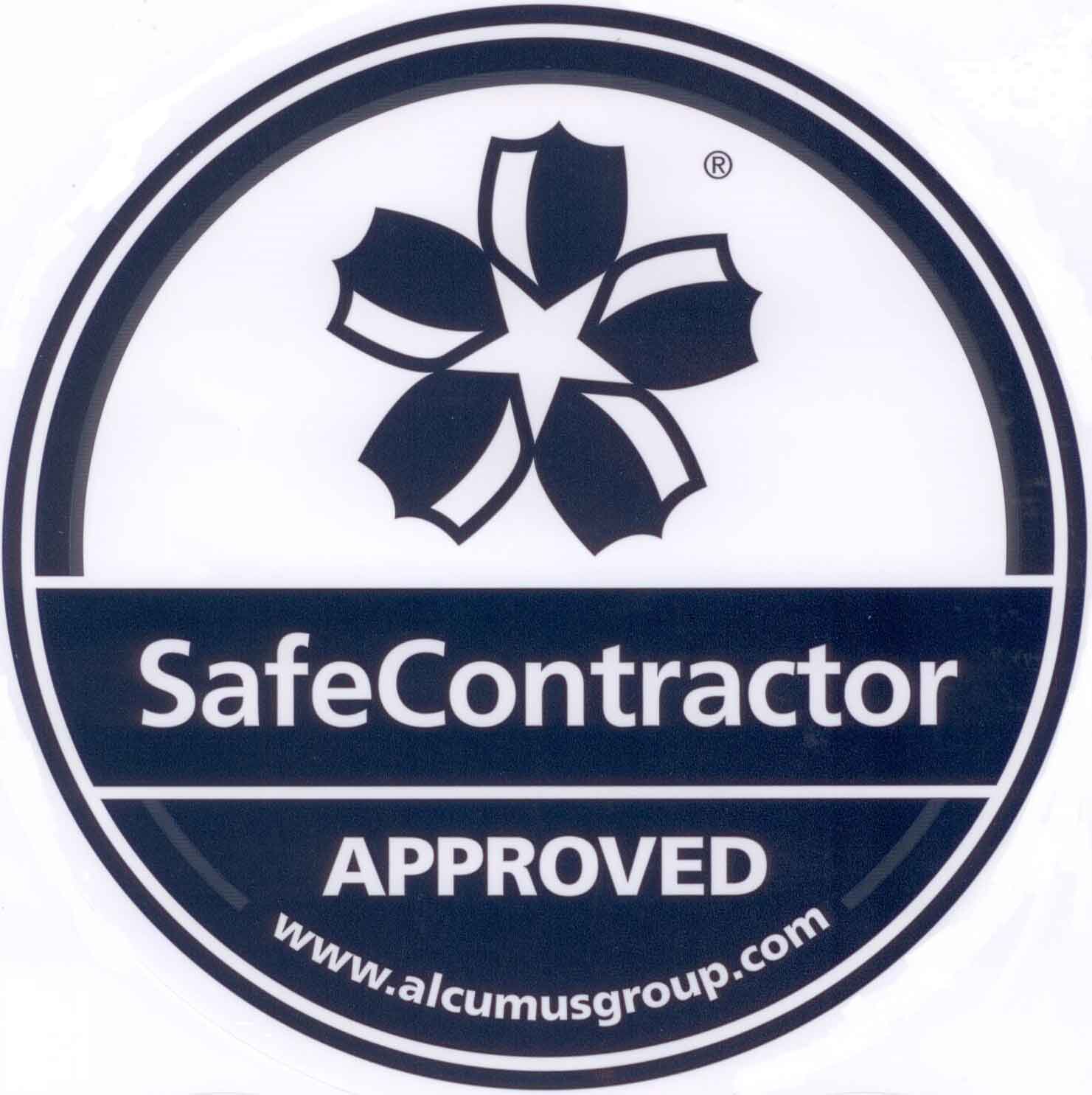Guide to commercial fire alarm systems
Have you remembered to carry out the weekly fire alarm test at your commercial premises?
Perhaps this will be your first fire alarm test at your new property?
Or maybe you are the newly appointed responsible person in charge of conducting fire alarm tests?
If any of these statements ring true for you, this article will help you navigate through all of the information you need to know about commercial fire alarm systems and smoke alarms.
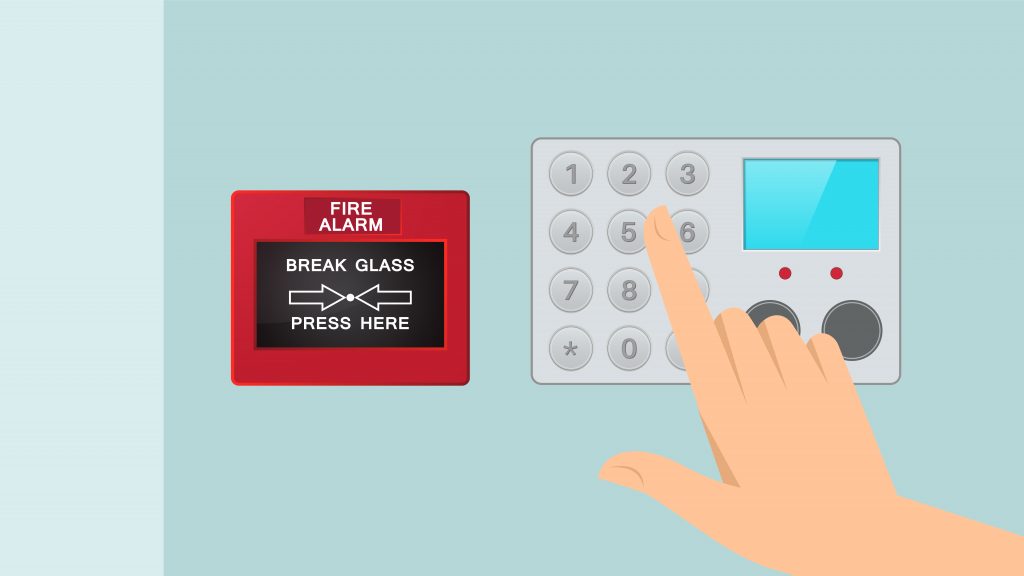
Why check your fire alarm?
Alarms need to be tested regularly to ensure they are in top working order and provide advanced warning of a fire so that occupants have plenty of time to evacuate.
Every second counts.
It is a legal requirement that the responsible person ensures the premises are fully equipped with a suitable fire alarm system and that the appropriate testing is carried out on a weekly basis.
What are the different types of commercial fire alarm systems?
The fundamental job of all commercial fire alarm systems is the same – if smoke or heat is detected, or if the break glass unit is smashed, then a loud alarm will sound to warn others of a potential fire in the building, giving them enough time to evacuate. Some systems might also alert monitoring stations such as alarm receiving centres (ARC), or feature remote signalling equipment that notifies the fire services of the emergency.
When it comes to commercial settings, there are four main categories of fire alarm systems:
- Conventional
- Analogue addressable
- Addressable
- Wireless
The right type of fire alarm system required in your premises should be identified within a fire risk assessment carried out by a fully qualified operative.
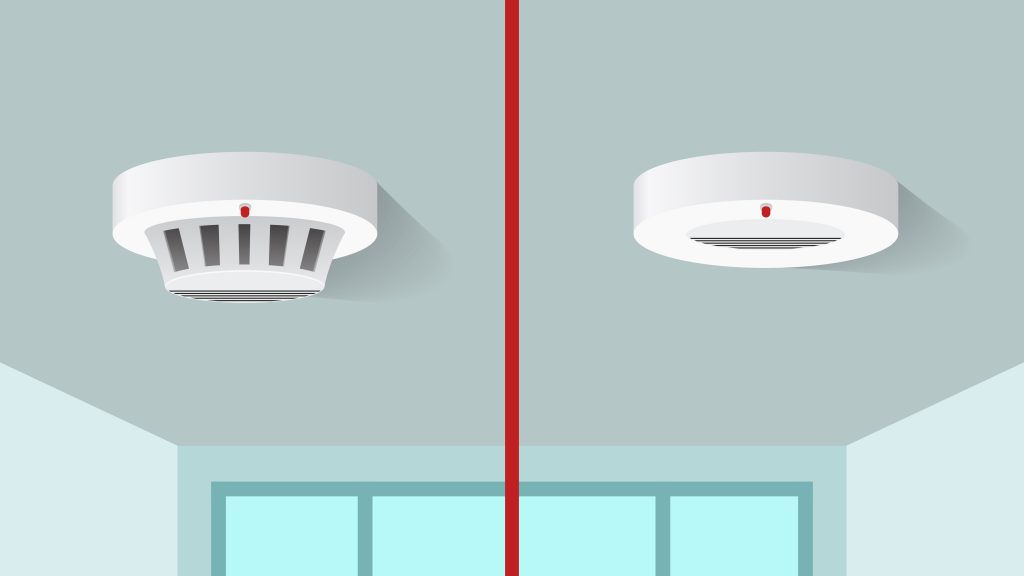
How often should a fire alarm be checked?
The fire alarm must be checked daily to ensure there are no faults or errors displayed on the control panel – this doesn’t need to be recorded in the fire-safety log book.
How often should a fire alarm be tested?
British Standard regulations state that all fire alarm systems in commercial premises need to be tested weekly to make sure there are no major problems and that the fire alarm system is in top working order. This routine weekly test requires the responsible person to operate a different call point each week, so that the system is tested in its entirety and can be heard throughout the building.
Staff need to be made aware of the fire alarm test ahead of time so they know it’s not an actual fire, and tests should be carried out at the same time every week.
The test is then recorded in the fire-safety log book – this must include any faults that have been detected and how they will be rectified.
Who should test the fire alarm system?
Referring back to British Standard requirements, they state that the building’s appointed responsible person should carry out the fire alarm test, or someone designated by them, such as a facilities manager. Before conducting the test, they must undergo any appropriate training and familiarise themselves with the manufacturer’s instructions.
How do I prevent false alarms?
False alarms are dangerous, disruptive and a drain on resources. Most importantly, they divert the fire services away from real emergencies, which can have life threatening consequences.
False alarms can be triggered by a number of things, so here are a few tips to help reduce the risk of them occurring at your premises:
- Check that you have the correct type of fire alarm for your building
- Ensure regular maintenance is carried out on the alarm system to keep it in top working condition; this must be recorded in the fire-safety log book
- Identify a safe way to check why the fire alarm has gone off before calling the fire services
All of these points can be handled by a qualified fire safety expert.
For fire safety services throughout Birmingham and London, look no further than City Fire Protection. From fire alarm installations and maintenance to fire risk assessments, we offer a comprehensive range of services to fulfil all of your legal and contractual obligations, keeping the property and its occupants safe. Be alert and stay compliant – contact us today.





